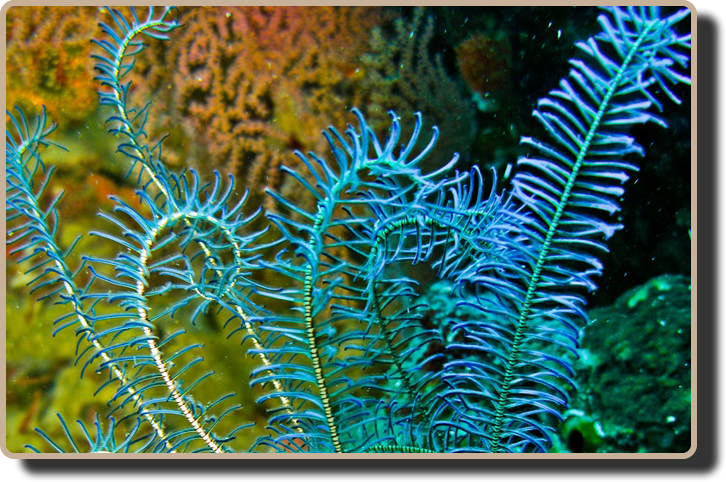





The use of managed pollinators to transfer all three of pollen and pest and
disease control agents to the flowers of various crops is an important innovation. On crops so far tested
(e.g. small and tender fruits, oils seed crops, greenhouse tomatoes and peppers) the technology
improves crop quantity in yield and quality while protecting the plants from both an array of plant
diseases and a variety of insect pests. On pome fruits, use of the technology improves plant health (e.g.
fireblight suppression).
We propose an initial Interdisciplinary workshop to assemble an international team of experts to
address how to transfer this successful technology to crops around the world and to provide a win-winwin
situation for growers from cottage industry to large scale plantations.
A special working group is being organized within the ICPPR to allow effective communication
worldwide.
Leader: Vernon G. Thomas
Steering Committee: Peter G. Kevan
Countries involved: Canada, Brazil, Mexico, Colombia, Finland, Norway, Kenya, Spain, Ghana, Israel and Jordan
IUBS Scientific Members involved in the project:ICPPR (International Commission for Plant Pollinator Relations)
Field of Research: Agriculture, Agro-ecology, Applied Ecology, Biodiversity, Agricultural economics
Can pollination with pest/disease
control be economically used in tropical and temperate crops alike, including greenhouse, orchard and
plantation crops? The technology can be promoted, in the context of Ecological Intensification
(biodiversity and ecosystem functionality) in agroecosystems. Are there additional benefits of the
technology, e.g. harvest synchronicity, longer produce shelf life, higher nutritional value? The
technology promotes organic/pesticide-free certifications and enhances growers’ revenues?

